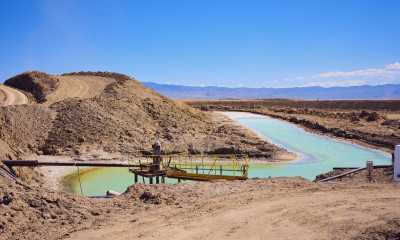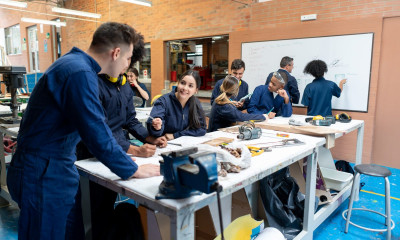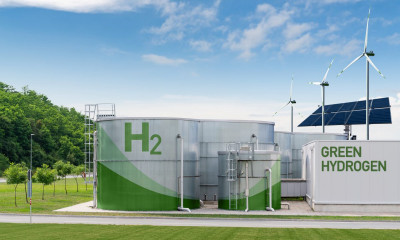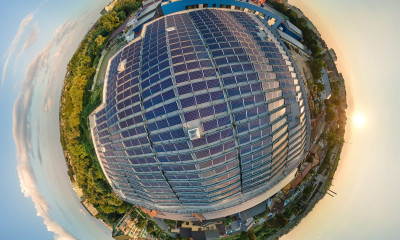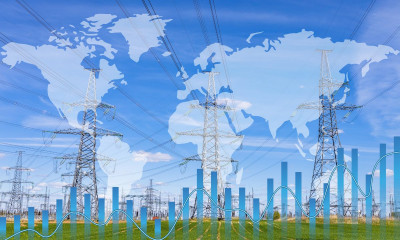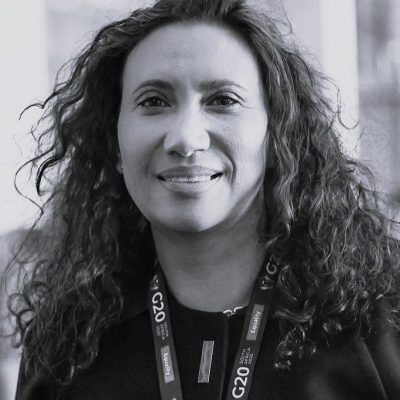Project research examines the complex nature and dynamics of renewable energy transitions and aims to offer guidance for AU and member states on policy and systemic innovations to advance energy democracy and access and support renewable energy-led industrialisation. Additionally, the project aims to build a foresight orientation and anticipatory governance capabilities in the AU and member states by utilising a co-created strategic foresight framework for enhanced resilience and adaptation to challenges and opportunities of energy transitions.
The AU’s Role in Renewable Energy Transition
Africa is rich in energy resources yet it faces significant barriers to achieving energy sovereignty. These include financial constraints, underdeveloped grid infrastructures and capacity deficits, and dependency on fossil fuels with underutilisation of substantive renewable energy potential. For example, despite owning 40% of global solar power potential, Africa contributes only 1.48% to global solar electricity generation. Climate change is adding urgency to transition to clean energy while persistent poverty and inequality among other issues are exacerbating pressures to achieve energy democracy.
The AU has set ambitious targets for expanding renewable energy capacity towards achieving universal energy access by 2040 and has recognised the significant potential of renewable energy in driving sustainable development. The AU’s position on renewable energy is outlined in the African Common Position on Energy Access and Just Energy Transition, which was adopted in July 2022 and aligns with the AU Agenda 2063. The AU has also developed strategic plans and frameworks to support the implementation of renewable energy goals. For instance, through initiatives like the African Single Electricity Market (AfSEM), the AU aims to expand electricity generation capacity from 266 GW to 1,218 GW by 2040.
This project is aligned with the AU’s major renewable energy goals and programmes, including the African Renewable Energy Initiative (AREI), the Program for Infrastructure Development in Africa (PIDA) and the Africa-EU Energy Partnership. Key outcomes of the research are to support the AU’s commitment to transformative renewable energy strategies that balance economic, environmental, and societal goals.
Project Objectives
The research employs a strategic foresight and systemic innovations approach. Transformative Energy and Climate Futures Policy Innovation Lab (TECF-PIL) promotes anticipatory governance to realise Africa’s energy potential by uniting policymakers, researchers, private sector, civil society and communities. The lab emphasises capacity building and iterative learning to create actionable strategies for Africa’s energy transition. Objectives are to:
- Develop a comprehensive understanding of current and future opportunities and challenges within the AU renewable energy-led industrialisation ecosystem.
- Explore how renewable energy can catalyse industrialisation with a country-specific case study of Egypt, which aims to source 53% of its electricity from renewables by 2030.
- Define a vision for systemic change towards a co-created strategic foresight framework to achieve desired renewable energy-led industrialisation futures.
- Identify areas for policy experimentation and innovation and support transformative policy and innovations that create pathways for realising renewable energy-led industrialisation for the AU and member states.
- Facilitate knowledge sharing and peer learning across diverse and relevant stakeholders related to renewable energy-led industrialisation.
Country Case Study: Egypt’s Renewable Energy Transition
Egypt has been identified as a suitable case study with energy ambitions aiming to build a pathway for the country to draw over 50% of its energy from renewable sources by 2030. The purpose of the case study is to generate insights and provide guidance to address key barriers across other African countries and draw lessons on how AU member states can scale renewable energy innovations.
The case study explores systemic innovations that can support Egypt to:
- Achieve 53% renewable electricity generation by 2030.
- Leverage its manufacturing potential for renewables, fostering socio-economic benefits.
- Reduce environmental and health costs through increased renewable energy use.
- Build anticipatory governance structures for sustainable energy transitions.
Utilising the co-created strategic framework to systemically address barriers and leverage opportunities, renewable energy-led industrialisation may be advanced in other African countries such as Nigeria, Morocco, Ethiopia and Kenya.




